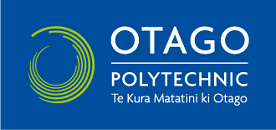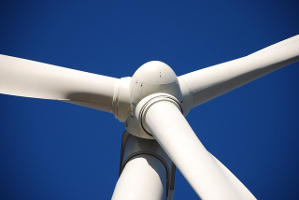
Designing the transition to a living future
In this micro course you’ll learn some powerful tools to assess and benchmark a baseline position of current sustainability performance. The focus is on finding ways to engage others in the process that will also raise their understanding of the issues, and enable them to begin seeing opportunities of sustainable practices.
What’s it about?
Good strategy uses the tension created between two points - a current state and a desired future - to discover and agree creative ways of moving from one to the other. Ultimately, we need to design a future for our society that is aligned with the principles for life. By understanding the current unsustainable paradigm and the design flaws that perpetuate it, we can begin to envision a future that is designed for life to flourish and focus our attention on allowing that future to emerge.
What will I learn?
In this micro course you will:
- Learn about the Funnel model to understand and conceptualise the shift from unsustainability to sustainability and a restorative future.
- Gain understanding of that we have planetary boundaries.
- Gain understanding of our Ecological footprint as a measure of impact.
- Gain understanding of our Hand print as a measure of restorative value.
- Be able to identify what’s behind the trends affecting your business/organisation/community.
- Be able to analyse the likely outcomes from these trends.
- Be able to identify existing assets and platforms that can support new initiatives.
- Gain understanding of common organisational management systems that provide structure and accountability.
- Be able to identify how an organisation, project or community is currently contributing to unsustainable impacts.
- Begin to articulate the challenges that need to be addressed in strategic planning to move towards sustainable practices.
- Gain understanding of the importance of recognising how others can help or hinder your sustainability goals.
- Learn how to identify potential partners and collaborators that can help address complex sustainability challenges.
What’s involved?
There are five sessions each containing numerous resources and six learning challenges, the last one being an assessment. The sessions are:
- Understanding the challenge
- Identifying trends and drivers of change
- Assets inventory - setting a baseline
- Identifying sustainability impacts - positive and negative
- Evaluating key relationships
You can participate online out of self-interest and expect to spend 20 hours over 10 working days. If you are planning to submit the assignment for academic credit, you will need an additional 20 hours to prepare the assessment.
Prerequisites?
Anyone is free to participate in this course. An internet connection and basic web browsing skills are recommended with the ability to create a blog and microblog account (instructions and self-study tutorials provided.) You are requested to keep a personal learning journal as reflection has been shown to increase learning markedly.
Learners aiming to submit assessments for formal academic credit will need to meet the normal university admission requirements of the conferring institution (e.g. language proficiency and school leaving certificates). Learners aiming for the 3rd year Bachelor level are advised to have completed the majority of their 2nd year level subjects to have sufficient capability and experience for preparing assignments for 3rd year level of Bachelor study.
| Course | Prerequisites |
|---|---|
| CSF101 | None |
| CSF102 | CSF101 |
| CSF103 | CSF101, CSF102 |
| CSF104 | CSF101, CSF102, CSF103 |
Image credit: Wind turbine, dedicated to the Public Domain.
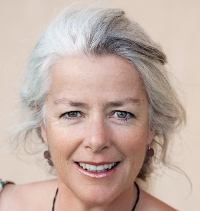 Alexa Forbes, is connected in community, media and sustainability fields and is currently researching the impacts of technological and environmental disruption on New Zealand organisations.
Read More
Alexa Forbes, is connected in community, media and sustainability fields and is currently researching the impacts of technological and environmental disruption on New Zealand organisations.
Read More
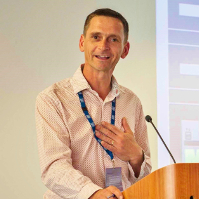 Simon Harvey, supports forward thinking and progressive organisations to accelerate their success. Simon is a recognised management consultant, trainer and keynote speaker in the
Read More
Simon Harvey, supports forward thinking and progressive organisations to accelerate their success. Simon is a recognised management consultant, trainer and keynote speaker in the
Read More
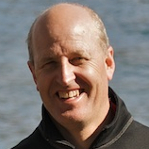 Steve Henry, lives in Motueka in Aoeteroa / New Zealand. Steve believes the best learning people can achieve comes from within, with support from
Read More
Steve Henry, lives in Motueka in Aoeteroa / New Zealand. Steve believes the best learning people can achieve comes from within, with support from
Read More
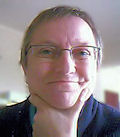 Carol Cooper-Taylor, is an independent consultant with extensive experience in e-learning design. Carol was commissioned by the OER Foundation to lead the design and development
Read More
Carol Cooper-Taylor, is an independent consultant with extensive experience in e-learning design. Carol was commissioned by the OER Foundation to lead the design and development
Read More
 Florence Micoud, has 20 years of professional experience in environmental, sustainable and ecological knowledge. Florence supports organisations, businesses, communities and households on the path towards
Read More
Florence Micoud, has 20 years of professional experience in environmental, sustainable and ecological knowledge. Florence supports organisations, businesses, communities and households on the path towards
Read More
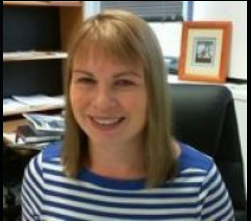 Dr Joanna Vince, Dr Joanna Vince is a Senior Lecturer in the Politics and International Relations Program, at the School of Social Sciences in the College
Read More
Dr Joanna Vince, Dr Joanna Vince is a Senior Lecturer in the Politics and International Relations Program, at the School of Social Sciences in the College
Read More
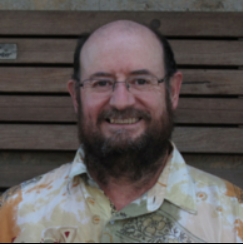 Associate Professor Greg Jordan, Associate Professor Greg Jordan is a highly active researcher and teacher in the School of Biological Sciences in the College of Sciences and
Read More
Associate Professor Greg Jordan, Associate Professor Greg Jordan is a highly active researcher and teacher in the School of Biological Sciences in the College of Sciences and
Read More
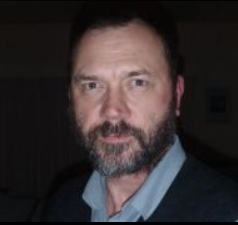 DR Graham Wood, Dr Graham Wood's research concerns the relationship between values and science. He examines this relationship within three realms: environmental philosophy, cognitive science of
Read More
DR Graham Wood, Dr Graham Wood's research concerns the relationship between values and science. He examines this relationship within three realms: environmental philosophy, cognitive science of
Read More
This course was developed by Otago Polytechnic with technical support from the Open Education Resource Foundation.



